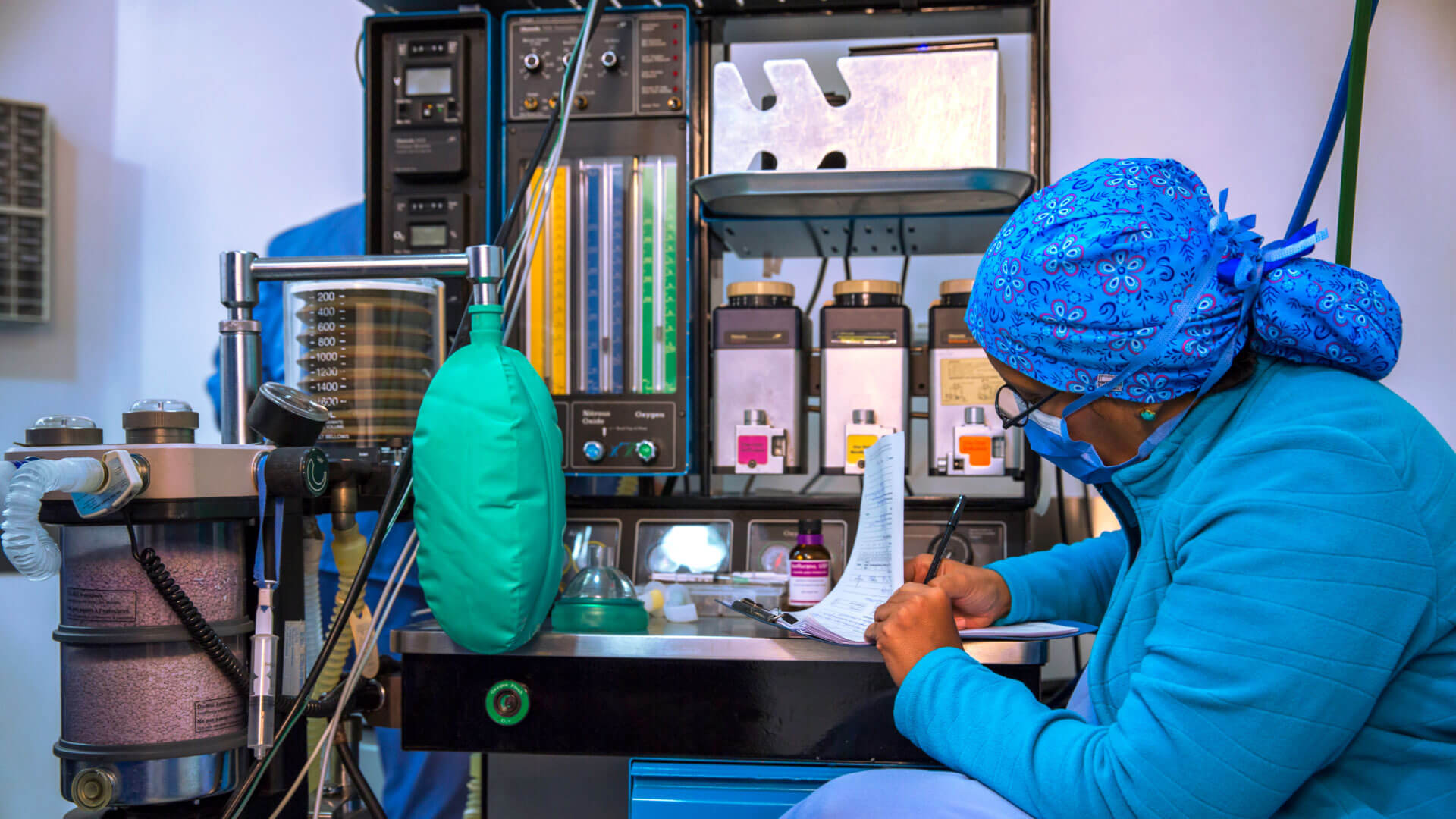Why More Healthcare Professionals Are Becoming CRNAs?
Certified Registered Nurse Anesthetists, CRNAs, are becoming an increasingly popular and fulfilling career choice. Offering a rare combination of high compensation, career independence, and a strong job outlook, the field is attracting a growing number of nurses looking to specialize in anesthesia care. As the healthcare landscape continues to evolve, CRNAs are stepping into critical roles in both rural and urban areas, making this career more relevant and rewarding than ever.
Rapid Job Growth & Strong Demand
The U.S. Bureau of Labor Statistics expects employment of nurse anesthetists to grow by 38% between 2022 and 2032, far outpacing the average for all occupations. This surge is driven by the growing demand for anesthesia services in outpatient care centers, an aging population requiring surgical procedures, and an increasing shortage of anesthesiologists. This can be seen mostly in rural areas where CRNAs often serve as the primary anesthesia providers. With such promising job prospects, it’s no surprise that more nurses are pursuing this path.
Competitive Salary & Autonomy
One of the major factors drawing professionals to the CRNA field is the earning potential. The American Association of Nurse Anesthesiology, AANA, reports that the average salary for CRNAs ranges from $212,000 to over $220,000! This is very dependent on location and experience. In some high-paying states, salaries can be over $270,000. Beyond pay, CRNAs often enjoy a high degree of autonomy, especially in states that allow independent practice without physician supervision. This level of clinical independence makes the profession appealing to those seeking both responsibility and flexibility in their careers.
A Bright Future
As new challenges emerge in the healthcare system, the role of the CRNA is shifting to meet them. A report from Wellhart, highlights that CRNAs are increasingly being utilized in outpatient centers, pain management, obstetrics, and military settings. Their adaptability, combined with advancements in education, CRNAs now require a doctoral degree for entry-level practice, and positions CRNAs as leaders in the future of anesthetic care. With high job placement for new grads and rising demand nationwide, the future looks both strong and sustainable for this profession.
Take the Next Step with Ambulatory Anesthesia Solutions
At Ambulatory Anesthesia Solutions, we’re dedicated to supporting aspiring CRNAs at every stage, from rigorous training to thriving career placement. With the profession seeing high growth, top-tier compensation, and increasing autonomy, there’s never been a better time to join. Explore our educational programs, mentorship opportunities, and placement support. Reach out today to learn more and take your next big step toward a rewarding career as a CRNA.

